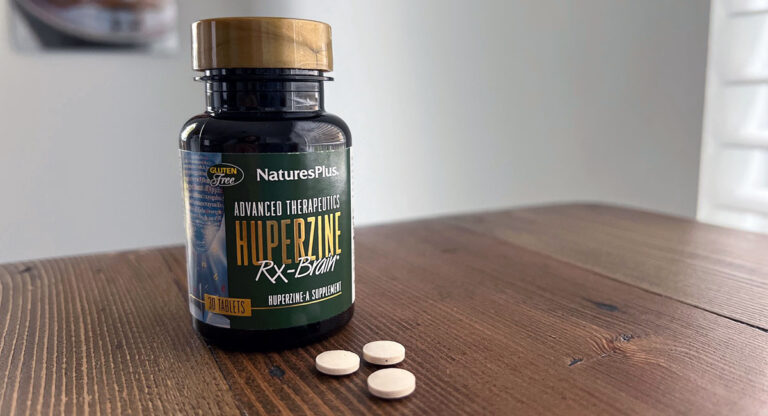
Can depression be normal?
- Sarah Weber
- July 6, 2019
- Comments Off on Can depression be normal?
Links in some blog posts may earn a commission for The Brain Cleanup Coach.
“I suffer from anxiety, moments of depression. I’m in my head so much, and I’m thinking so much, I’m playing a tug-of-war within my mind.” Khalid
Photo by Joshua Rawson-Harris on Unsplash
Depression is defined by Google as “feelings of severe despondency and dejection.” Encyclopedia Britannica defines it as “a mood or emotional state that is marked by feelings of low self-worth or guilt and a reduced ability to enjoy life.”
No matter how you define it, if you’ve experienced depression you know how soul-sucking it can be. But can it also be normal?
My personal experience
When I was a teenager I was depressed. I dealt with anorexia and thoughts of suicide. I also experienced quite a bit of depression, sometimes severe, in my early 20’s. My heart aches for that girl, but I also know she was part of my journey. She created a space to facilitate relating to other people who feel depression.
Fast forward several years, and I rarely feel depressed. I attribute this to making life changes, including diet, exercise, and prioritizing self care.
In my own experience, short bouts of depression can be normal. For example, after traveling I sometimes feel slightly depressed. I intuitively feel it’s a way for my brain to power down, process the experiences I just had, and re-calibrate. My emotions become dulled, and I feel disinterested, but it typically only lasts for a few days.
That kind of depression feels normal to me.
The severe depression I used to feel as a teenager though, if I started to feel that now, that would most definitely not feel normal to me. And long term depression wouldn’t feel normal to me.
Normal and not
Clinical depression is diagnosed when the feelings of depression last for longer than two weeks. It’s normal for traumatic life experiences to trigger an episode of grief that can lead to depression. Depression can also be genetic, and can be caused by an imbalance in neurotransmitters. There is also fascinating research now linking gut microbiome health and depression.
The World Health Organization estimates that 350 million people are affected by depression globally. So if you are affected by depression, you are not alone.
As to whether depression is “normal”, it happens to enough people that it seems like one of those human afflictions that like it or not, might just be part of the human experience for some. (Or many!)
Normalizing depression
People shy away from depression. If they have it, they typically don’t want to talk about it. That is part of the resistance we can have towards depression: trying to hide it.
It’s a shame that anyone feels shame about depression. This happens with so many disorders of the brain. We don’t feel shame about a gut that’s not functioning correctly, or a thyroid gland that’s hypo or hyper, but if anything affects the brain (which is just another organ in the body that is subject to dysfunction), it’s not uncommon for us to make it mean that we are broken, unworthy.
The only way to change this mindset about depression is to change the narrative about it. People who experience depression are no more broken than people who have asthma. If we can view depression for what it is, an imbalance in an organ of the body that can be helped with support and medication, perhaps depression will just become something normal, rather than something that makes us feel sorry.
Because in the end, we all just want to be worthy. We want to be enough as is. We want to be normal.
Work with Me
Do you struggle with negative thoughts about depression? Are you tired of thinking that way? If so, I can help you.




